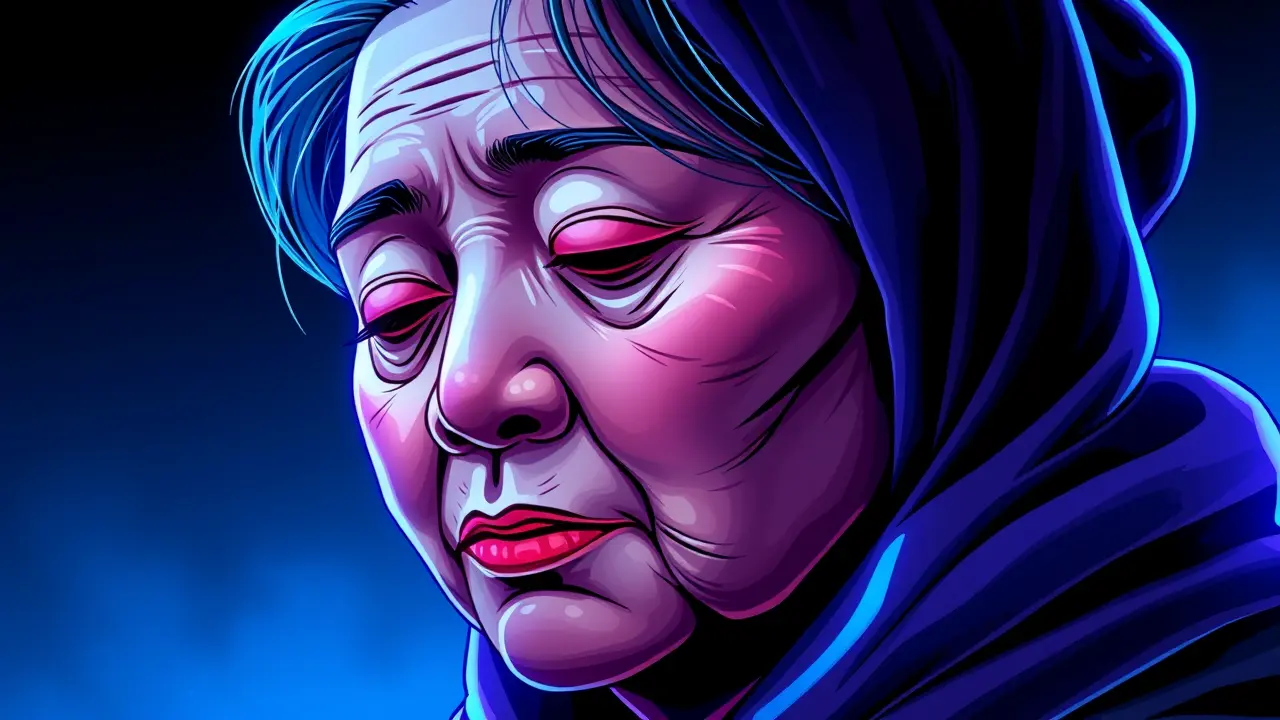
OthereducationEdTech Innovations
Uzbekistan Launches Education and AI Plans at UNESCO Conference.
MI
Michael Ross
2 days ago7 min read
In a move that signals a profound strategic pivot for Central Asia, Uzbekistan has seized the global stage at a UNESCO conference in the ancient city of Samarkand, unveiling ambitious national blueprints for education reform and artificial intelligence development. UNESCO Director-General Audrey Azoulay rightly termed the moment 'historic,' a descriptor that carries the full weight of history when uttered in Samarkand, a city long celebrated in literature as one of the world's most luminous cultural crossroads.This is not merely another policy announcement; it is a deliberate act of positioning by a nation emerging from decades of relative isolation, aiming to leverage its rich historical legacy as a foundation for a technologically sovereign future. The very choice of venue is a masterstroke of diplomatic and cultural signaling, echoing the city's Silk Road past where ideas, goods, and knowledge flowed freely, now repurposed for the digital age.The core of Uzbekistan's plan appears to be a synergistic approach, recognizing that AI is not a standalone sector but one entirely dependent on a robust, modernized educational ecosystem. This involves a critical overhaul of STEM curricula from the ground up, likely integrating computational thinking and data literacy as core competencies, while simultaneously fostering the high-level research and development institutes necessary to cultivate homegrown AI talent and prevent another debilitating brain drain.The geopolitical implications are significant. As global powers like the United States and China engage in a tense standoff over AI supremacy and chip manufacturing, a new front is opening in the race for global AI influence, with nations like Uzbekistan representing a crucial, untapped frontier.This initiative can be seen as a bid for what policy analysts call 'technological non-alignment,' an attempt to build domestic capacity that allows for partnerships with multiple blocs without becoming wholly dependent on any single one. However, the path is fraught with the very ethical and governance challenges that keep AI ethicists awake at night.How will a nation with an evolving political landscape handle the data privacy imperatives of a data-hungry AI economy? Can it establish regulatory frameworks that encourage innovation while protecting against algorithmic bias and surveillance overreach? These are the modern incarnations of Isaac Asimov's foundational robotics dilemmas, moving from the pages of science fiction into the urgent drafting rooms of national policy. The success of this venture will hinge on more than just funding and political will; it will require a delicate balancing act between embracing the breakneck pace of technological change and instituting the thoughtful, human-centric guardrails that ensure AI serves to uplift rather than undermine society.Uzbekistan's gamble is being watched closely, not just by its immediate neighbors in Central Asia, but by developing economies worldwide, all seeking a blueprint for how to navigate the fourth industrial revolution without surrendering their cultural identity or political autonomy. The new Silk Road may well be paved with data, and Uzbekistan has just signaled its intention to be a chief architect.
#UNESCO
#Samarkand
#education
#AI initiatives
#global cooperation
#featured
Stay Informed. Act Smarter.
Get weekly highlights, major headlines, and expert insights — then put your knowledge to work in our live prediction markets.
Related News
© 2025 Outpoll Service LTD. All rights reserved.












